|
The Rubik's Cube, invented in 1974 by Hungarian sculptor and professor of architecture Ernő Rubik, is a puzzle with over 43 quintillion possible combinations. Yes, 43 quintillion! 43,000,000,000,000,000,000! For many, a puzzle with that many possibilities seems practically impossible to solve, but for decades, people have been improving the uses of the Rubik's Cube from just an experiment of the creator, to a logical puzzle game, to a sporting event that features incredible people known as “speed cubers.” Learning to solve the cube offers many benefits, including improved memory and problem-solving skills, the ability to map through the experience in learning algorithms, and improved reflexes from training to solve the cube at faster speeds. The cube also provides intangible benefits like discipline, perseverance, and self-confidence. And, of course, it makes for a hell of a conversation starter.
The benefits of learning the cube have been felt first hand by the team behind Cube Up Solution, a group of young, Black software developers and avid cubers who wanted to introduce more minority children to the wonder world of cubing. The team behind Cube Up Solutions believes that it is their duty to promote cubing in minority communities and help develop problem solving and technical skills of children, teenagers, and adults who may otherwise not appreciate the wonders of cubing.
The team behind Cube Up Solutions believe that the social and political landscape of the United States, especially for the Black community, is shifting and a change of focus and leadership is necessary. We believe leadership needs to shift focus from obtaining political power to acquiring more intellectual and economic power.
We hope to contribute to developing our future leaders of tomorrow by helping develop their problem solving and technical skills. We look at cubing, coding, robotics, genetics as fields that young children should be focusing on now so as they move into their future careers they have a foundation to help further the cause of creating equality of opportunity for all. We look at the Rubik’s cube as a perfect springboard to introduce kids to the skills they will need to survive and thrive in the world of tomorrow.
If you are interested in having your child learn the Rubik’s Cube, or if you want more information about Cube Up Solutions and what they can offer your community, please request more information via email at [email protected] or through Instagram under the handle @cubeupsolutions.
~~ Article and images provided by Cube Up! Solutions ~~
0 Comments
By Ryan Tibbens I began writing this in 2014 when an Ebola outbreak shocked the world. As the illustration by Andre Carrilho (above) indicates, the major outbreak initially received intense press coverage in the industrialized world because white people, particularly a few Americans, were infected. The disease even moved inside US borders. However, thanks to a lot of hard work by the CDC, US Customs, and a handful of other organizations, threats to the United States quickly faded. As did the press coverage. Unfortunately, the outbreak actually lasted over 2.5 years, well into 2016, infected over 28,600 people, and killed 11,325 people. Because few of those affected after the initial panic were white or American or European, public interest dissolved, and the victims in Africa were left to fend for themselves. However, Ebola continues to be a problem in Africa, particularly in the Democratic Republic of Congo. Recently, militant groups have taken to attacking hospitals and Ebola containment centers, threatening not only the lives of countless healthcare workers, but quite possibly the rest of Africa and, perhaps, the human race if containment is breached. This is the second largest Ebola outbreak in recorded history, with a death toll over 1,100 since August 2018; attacks on hospitals and health centers have wounded or killed around 100 benevolent souls. The rest of this article is from my initial draft, written in 2014, with only minor revisions.
I used to believe that broken glass and AIDS were the worst things in the world. I would remind people of their treachery all too often -- broken glass at barbecues, picnics, hikes, concerts, and wading in creeks -- AIDS at parties, bars, double dates, and the like. They used to be the worst things to me because they prevented us from enjoying the best parts of our natural lives; they discouraged us from plugging in to the world we are a part of. Anyone who has ever dug her toes into cool, wet sand on a hot, sunny beach knows a feeling that shoes will never allow. The same goes for cool blades of green grass in June and the first toe dipped in a shady river on a hot August afternoon. Shoes are fine for snow, pointy rocks, and 120 degree asphalt, but we shouldn't need them everywhere, and broken glass forces us to be careful of our feet in even the most fun, relaxed, natural setting. The functional similarities between condoms and shoes, and the discouraging characteristics of AIDS and broken glass, should make my claims against AIDS obvious enough. But they are not the worst anymore. If doctors, scientists, public health officials, elected leaders, and ordinary people don't act more aggressively and more immediately, Ebola will quickly make broken glass, AIDS, and even the bubonic plague look like paper cuts or the common cold. Why? Because Ebola attacks us in a way that will lead to our fall from civilized grace. I know: calling our existence "civilized grace" is both optimistic and hyperbolic, but if we don't contain and CURE Ebola, we will look back at this violent, impersonal world like a utopian dream. We stand one genetic mutation away from destruction, but we ignore the danger so long as it stays in Africa. You see, if it doesn't mutate and become airborne (or waterborne), Ebola will kill itself off, and it will spare only the worst among us. Unlike the more contagious measles and influenza, Ebola can't spread through air. For a person to contract Ebola, he must come in direct contact with the virus via an infected person's blood, sweat, tears, urine, feces, vomit, blood, or by linens and textiles directly touched by the victim. More rarely, humans can contract the virus from other animals, usually by hunting and eating mammals (or being bitten by a bat, as happened to a child in 2014, setting off the 2.5 year outbreak). Let's not worry about animal-contact transmission, as that may be unpreventable, at least for now. No, let us consider Ebola's human-to-human transmission, which is both homicidal and suicidal. Despite the fact that our world is full of violence, poverty, disease, and oppression, it is also full of kind, generous, and caring people. In reality, the good outweigh the bad, and the good are usually quieter about their endeavors. If it bleeds, it leads; the most profitable news is bad news, so we hear more about the bad than good. Still, ask anyone you know -- are more of your family and friends good, caring people, or are more of them selfish, cruel people? Sure, perspective counts for a lot here, but goodness, generosity, and respect are universally desired traits and treatments. Our entire code of morality has evolved around cooperation, meaning most of us are pretty good at cooperating at least most of the time. And there is the problem. We care for each other, and Ebola does not. We want to be cared for, and Ebola does not. Ebola attacks our sympathy, our kindness, our nurturing spirit. It attacks both our literal and figurative hearts. A person can only contract Ebola through direct contact -- as little as a single virus can lead to fatal infection -- and 99.99% of the population will only ever contact Ebola for one reason -- to care for afflicted friends, family, and neighbors. Ebola is worse than broken glass and AIDS because it not only discourages immersion in the natural world, but it discourages the nurturing and close-contact that bind us to each other. The kind of personal care and affection that define most of the "higher primates" will be the very traits that devolve us back into brutes. That is, if we can't stop Ebola. Left unchecked, Ebola will kill all the good people among us. It will spare only the selfish, the unsympathetic, the folks who were never really into love, friendship, bare feet, and making love anyway. Ebola is the worst thing in the world because it will kill us for caring, and eventually it will die out because the only people left will have no hearts to attack. |
Read.Think.Write.Speak.Because no one else Archives
December 2021
Categories
All
|
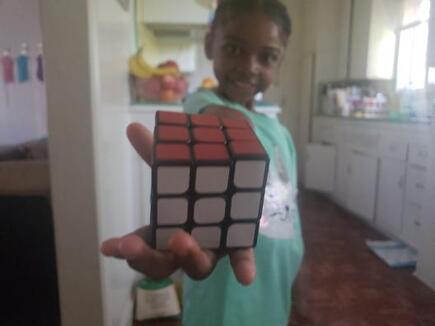

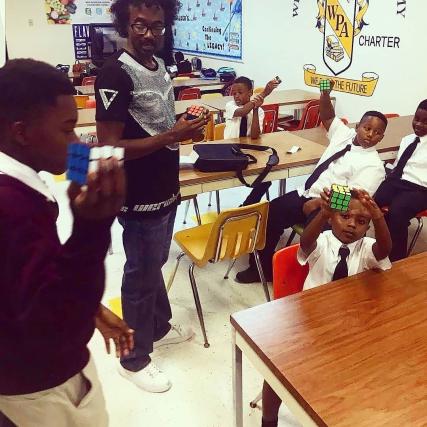
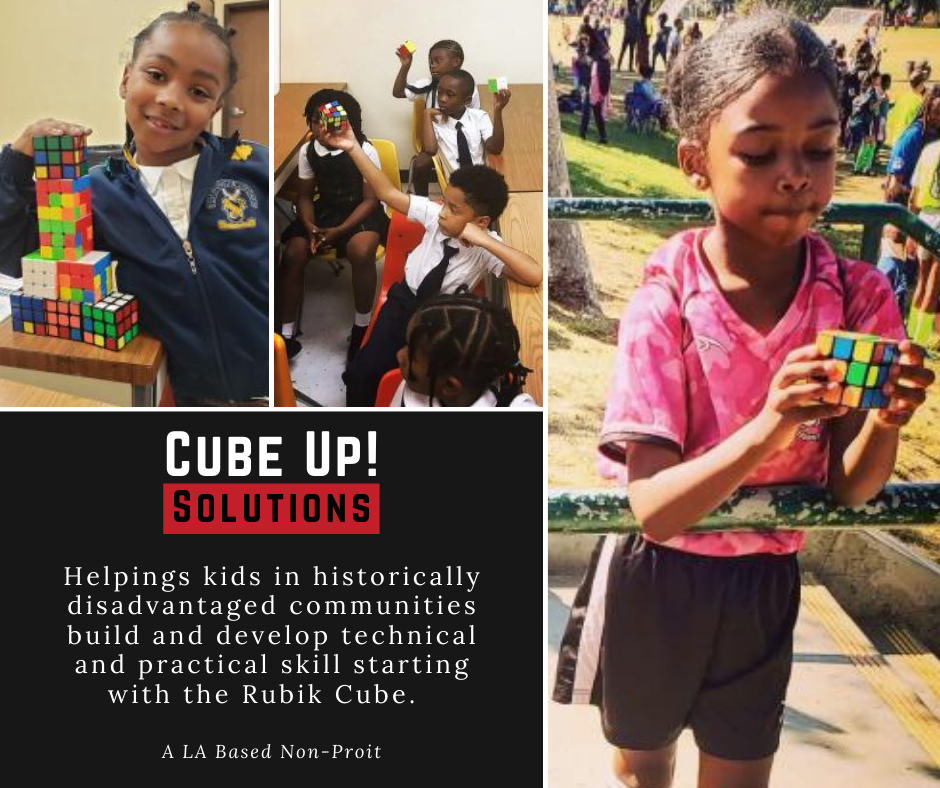

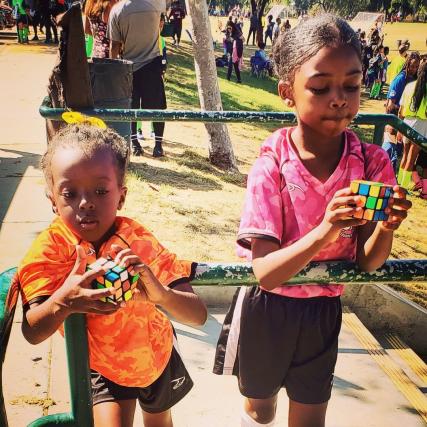
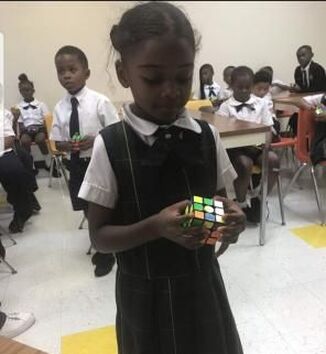
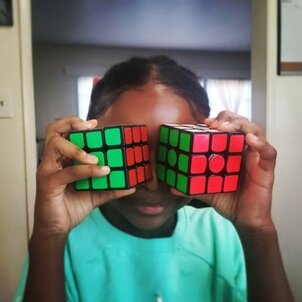
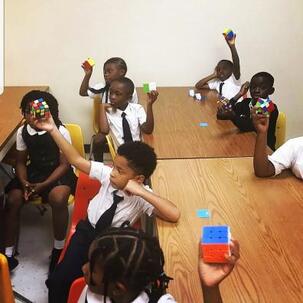
 RSS Feed
RSS Feed